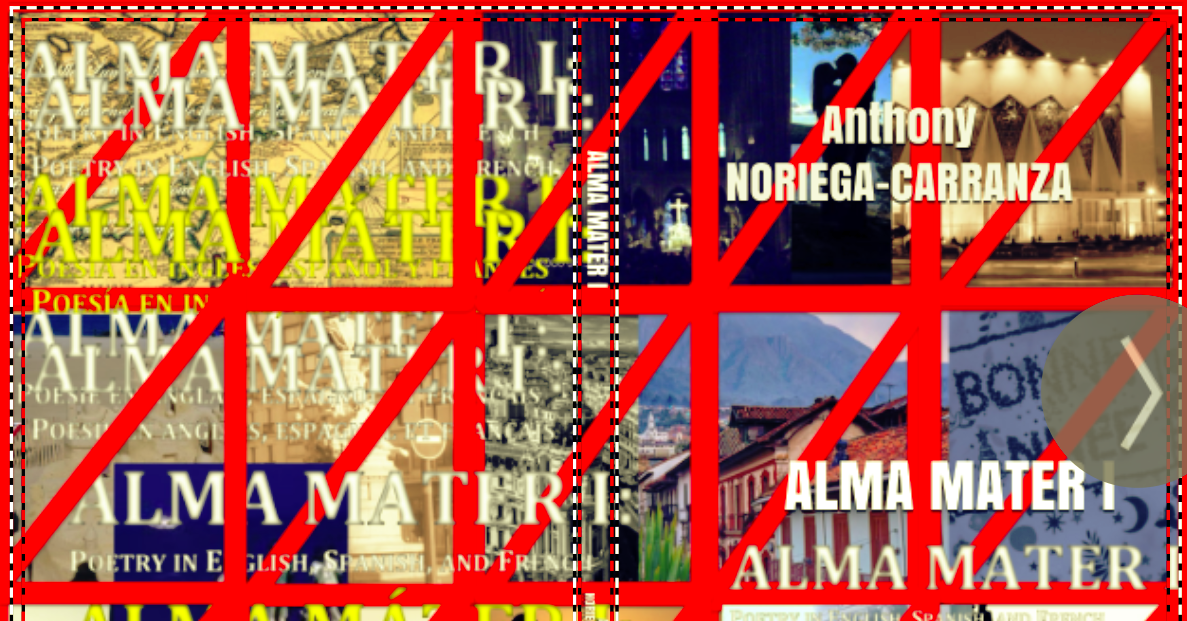The amazing Balzac stormed his time by becoming the father of modern French realism. Although I love his work after my French reading of the “La Peau de Chagrin”, Balzac was like any other novelist I had read, including Flaubert who had taken a great literary influence from him. My appreciation of Balzac’s work peaked upon the completion of my Spanish reading of “En Búsqueda de lo Absoluto”, which I reread shortly after in French (“La Recherche de l’Absolu”). There were many other readings from his full work in the Comédie Humaine, but nothing excited me the most as the great opening my reading of La Recherche de l’Absolut in both languages. His extraordinary capacity to describe scenes and landscapes fed my imagination and greatly inspired me when expanding descriptions. The in-depth value of the psychological and socio-economic content and trends expressed in “La Peau de Chagrin” (The Wild Ass’s Skin) certainly drive an important sense of spirituality in contradiction with the joie de vivre, the will to power, and the human hope for eternal life on earth. The literary study of these two novels gave me an important strategy to develop my literary writing during my teen years in conjunction with the reading of Latin American boomers like García Márquez, Cortázar, and Sábato, which is being pointed out by friends and colleagues of Diario del Caribe and El Heraldo (Barranquilla, Colombia) in my unpublished work and individually published short stories, which deserved others’ attention to attain national literary prices in the eighties and nineties. Balzac has obviously been of great influence to a whole generation of Latin American writers beyond his next generation of European writers, such as Flaubert and even contemporary Stendhal, to whom he dedicated a literary generous study.
Reading other literary master pieces, such as Illusions Perdues has given me an important lesson of the trends undertaken in the full Comédie Humaine, such that genres such as literary satire and grotesque criticism appear at times in my writing. My reading of Eugénie Grandet was concurrent with the presentation of the late 80’s Latin TV soap opera, which was far from creating Balzac’s living scenarios and ambience.
However, Balzac’s most important and inspiring social perception on society is not that on volunteering to Rousseau’s social contract, but rather taking over a struggle to be above or on top. This is clearly demonstrated when asserting that his name could rather be Honoré de Balzac rather than Honoré Balzac, an elite title he had essentially no rights to. Besides, there is no indication that Balzac had been a child with autism, but he had plenty of problems with grammar and ways to adapt to his school communication style. Thus, Balzac could be perceived as a revolutionary leader and social class fighter, in his view that socio-economic values determining socio-economic classes could also be below the artistic value of his literary mastership, as French royalty and Napoleon’s aristocratic and later bureaucratic leader could point him as a literary gentil homme. In fact, he had created an elite of his own.
Indeed, honoring Honoré’s work is definitely a must to start my literary blog. Balzac has certainly been one of the greatest writers of all times.
